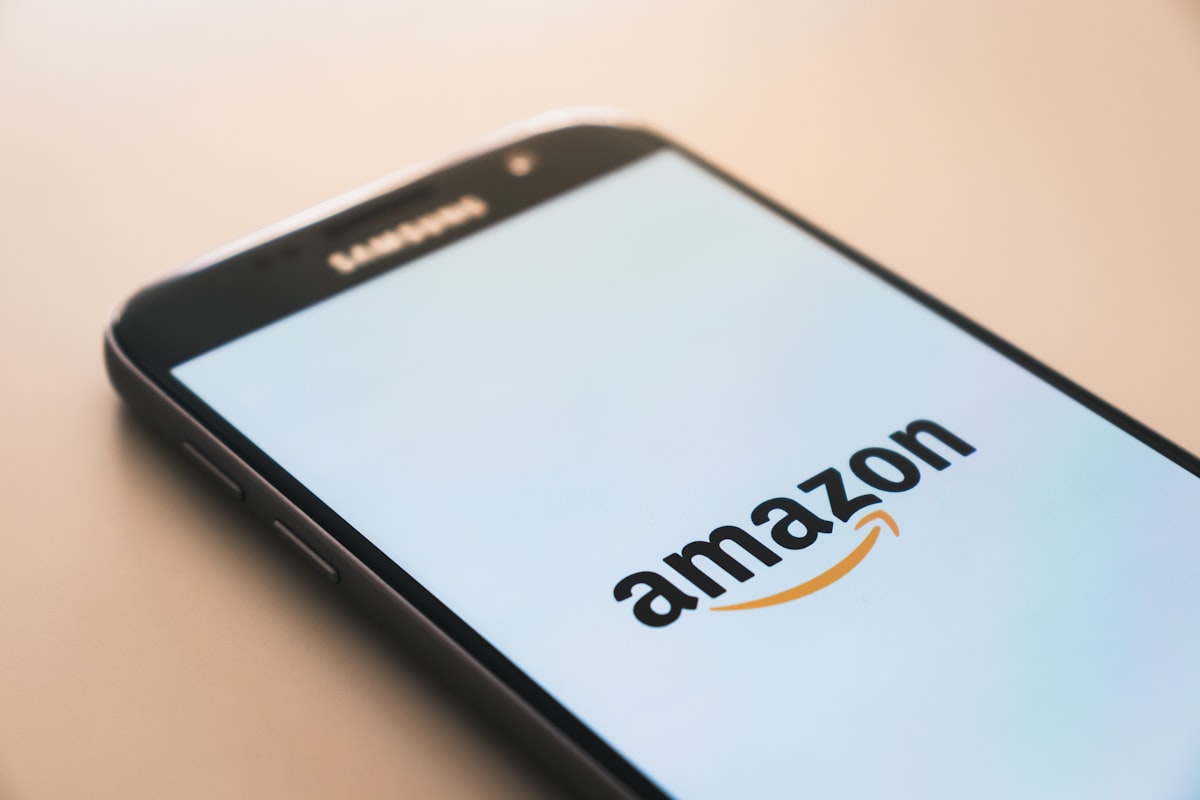What Can PMs Learn 🤯 from the 2018 Amazon Letter to Shareholders
This shareholder letter should be treated like a lens by which to view Amazon within the broader markets of tech and retail.

As I was scrolling through Twitter I came across Jeff Bezos’ 2018 letter to Amazon shareholders. I love reading these things for a couple of reasons:
- Memos like this are a masterclass in persuasive writing and communication. This is where a CEO casts an external vision. They provide investors and the broader market with a (hopefully) persuasive framework to think about the past and the moves to come
- With Amazon’s scale, these letters impact the lives of millions of people. Amazon is more powerful than many sovereign nations — and with the stroke of a pen wealth is created or wiped away. It’s kind of a big deal.
This essay is just me shooting from the hip. I do have opinions on some of the more controversial topics below, but this should not be considered my definitive view on any of these issues. I’m just trying to learn here by putting myself in Bezos’ head.
How to Think About this Letter
If you’ve been tracking with Amazon news lately, the tone and subjects Bezos writes about are not surprising at all. This letter should be treated like a lens by which to view Amazon within the broader markets of tech and retail.
He’s not writing this for Amazon investors.
He’s writing it for regulators.
He’s writing it for elected officials.
He’s writing it to win the favor of everyday Americans who care about this sort of thing.
Bezos, in some sense, is taking the focus from Amazon itself and expanding it to show the aggregate impact of their presence in the market. He wants to answer the question “Is Amazon bad for consumers?”
He does this by building a case to support two big ideas about Amazon:
- Amazon is really good for businesses.
- Amazon is really, really good for consumers.
3 Major Themes
1. Antitrust
Senator Elizabeth Warren recently made calls to “break up Amazon”, arguing that their private label (Amazon Basic) products have an unfair competitive advantage over independent retailers that participate in the Amazon Marketplace. Ben Thompson over at Stratechery wrote a great essay on this recently.
Typically, antitrust cases center around the concept of consumer harm. Regulators want to know: does this arrangement, does this company, ultimately harm the consumer?
Bezos wants to set the tone for this conversation. He knows that with the upcoming election cycles, this subject may dominate the conversation around Amazon. I think he wants to get out ahead of that by showing how Amazon is a net positive for consumers and for the companies that sell in the Amazon Marketplace.
Bezos intentionally opens this letter with some incredible stats on Amazon:
“Something strange and remarkable has happened over the last 20 years. Take a look at these numbers:

1999 3%
2000 3%
2001 6%
2002 17%
2003 22%
2004 25%
2005 28%
2006 28%
2007 29%
2008 30%
2009 31%
2010 34%

2011 38%
2012 42%
2013 46%
2014 49%
2015 51%
2016 54%
2017 56%
2018 58%
The percentages represent the share of physical gross merchandise sales sold on Amazon by independent third-party sellers — mostly small- and medium-sized businesses — as opposed to Amazon retail’s own first party sales. Third-party sales have grown from 3% of the total to 58%. To put it bluntly: Third-party sellers are kicking our first party butt. Badly. “— Jeff Bezos
Starting out of the gate this way is a remarkably strategic move. He’s responding directly to the accusation that Amazon eats the little guy for breakfast.
Last year, 58% of everything that Amazon sold through its website was through third party sellers. This data is great for Amazon. They’re sending a clear message to regulators that Amazon supports and empowers small business.
2. AWS
Amazon Web Services (AWS) has been wildly successful for Amazon.
For those that are unfamiliar, AWS is Amazon’s cloud computing product. It used to be that when you wanted to launch a new website or application, you had to install physical servers in your office that you owned and managed. With AWS (and the many competitors), you “rent” servers through Amazon’s distributed network of data centers around the world.
With just a few clicks, and very little money upfront, a startup can be up and running immediately. You only pay for what you use, which makes it easy to scale up as your idea takes off. Even this site runs on AWS.
AWS being highly successful is old news. So why is Bezos giving it so much attention here? Let’s read what he has to say:
“AWS’s millions of customers range from startups to large enterprises, government entities to nonprofits, each looking to build better solutions for their end users. We spend a lot of time thinking about what those organizations want and what the people inside them — developers, dev managers, ops managers, CIOs, chief digital officers, chief information security officers, etc. — want.
Much of what we build at AWS is based on listening to customers. It’s critical to ask customers what they want, listen carefully to their answers, and figure out a plan to provide it thoughtfully and quickly (speed matters in business!). No business could thrive without that kind of customer obsession. But it’s also not enough. The biggest needle movers will be things that customers don’t know to ask for. We must invent on their behalf. We have to tap into our own inner imagination about what’s possible.”
-Jeff Bezos
He wants to show how AWS has contributed to an explosion of innovation. He wants to show that by obsessing over the needs of AWS customers, they’re lowering the friction to start and run a business.
He’s characterizing Amazon as the customer-obesessed, tireless R&D arm of the companies that build on AWS.
Bezos goes on to focus on the new tools in machine learning and data processing and how it’s triggering new waves of innovation across a variety of verticals.
By lowering the friction of launching and iterating on AWS, Amazon creates tremendous value for companies and ultimately consumers. That’s the message he’s sending.
3. Amazon and the F Word
Let’s talk about failure.
There’s a quote in this letter that is absolutely mind blowing. It was said with such a casual air that I did a literal double take.
“As a company grows, everything needs to scale, including the size of your failed experiments. If the size of your failures isn’t growing, you’re not going to be inventing at a size that can actually move the needle. Amazon will be experimenting at the right scale for a company of our size if we occasionally have multibillion-dollar failures.”
Isn’t that nuts?
He goes on to say:
“Of course, we won’t undertake such experiments cavalierly. We will work hard to make them good bets, but not all good bets will ultimately pay out. This kind of large-scale risk taking is part of the service we as a large company can provide to our customers and to society. The good news for shareowners is that a single big winning bet can more than cover the cost of many losers.”
Bezos wants to remind us that Amazon burns cash, and loses money, and places wild bets that often lose but sometimes win.
He wants to show us that it’s a good thing. He’s making the case that curiosity, and wandering, and exploration all correlate to some of our biggest leaps forward in almost every field. That’s certainly true for Amazon.
There’s also a subtle positioning going on here. Remember that crazy quote?
Bezos wants to show that Amazon can make those huge, risky bets precisely because of their size and scale. They have the capital, and the stomach, that others simply don’t have. He wants to show that the markets, and consumers, are better off because of their investments in innovation at scale.
